NZIFF 2025 Craccum Coverage | Urchin
The Civic sells you homelessness at box office price; the city gives it away for free.
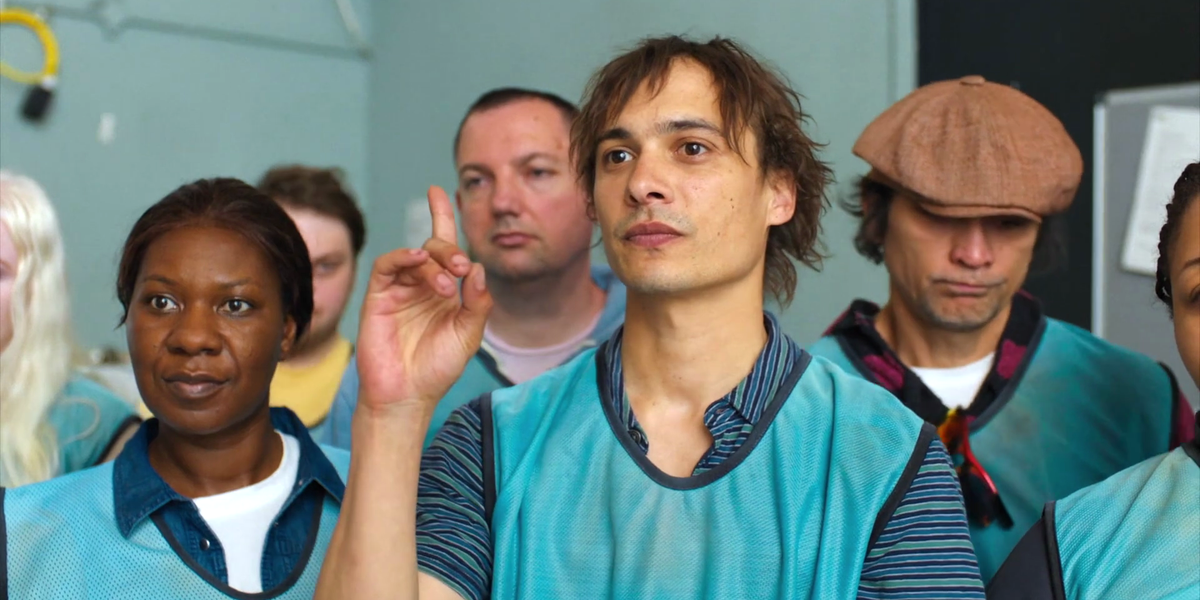
They say, "Hey, little boy, you can't go where the others go
'Cause you don't look like they do"
Said, "Hey, old man, how can you stand to think that way?
Did you really think about it before you made the rules?"
He said, "Son,
That's just the way it is
Some things will never change
That's just the way it is"
Ha, but don't you believe them
— Bruce Hornsby & The Range, The Way It Is
I could tell from the mildly packed theatre of the Civic that I was definitely not the target demographic of this film (primarily women, middle-aged, straight couples galore) and definitely not the right person to review this, yet I persisted. For one, these types of 'actor showcases' and 'character study' films are lost on me, nor do I actively seek them out. Critics seem to find Urchin's stylistic parallels in the works of Andrea Arnold and Ken Loach, but I see the film's leading man, Mike—played by Frank Dillane, who was also ya boi Tom Riddle in Harry Potter and the Half-Blood Prince (2009)—find their home in the Marlon Brando, John Cassavetes and Paul Newman tradition: masculine characters on the cyclical road to self-destruction then self-regeneration. Whether that's high praise or even higher expectations for Urchin, it's a framework that I find sordidly cheap, but inescapable for performance-centric films like these and their BFI-funded indie-realist derivatives.
The hot white dude from Triangle of Sadness (2022) and Babygirl (2024), Harris Dickinson, clearly understands Mikey front-to-back. In fact, a guy like Mike represents the exact opposite of what Dickinson has been typecast as an actor (rich, suave, successful) within the last few years. Mike is homeless, a recovering addict, twice incarcerated, hopelessly truant, and chronically allergic to owning up to his mistakes. We don't need any backstory on Mike because we all know a guy like him; I used to know a guy like him, and it's not much of an imaginative stretch to see Mike's wandering around public spaces and restaurants looking for a place to charge his phone as informed by poverty's dehumanising deficit thinking, that one isn't good or 'normal' enough to deserve basic amenities.
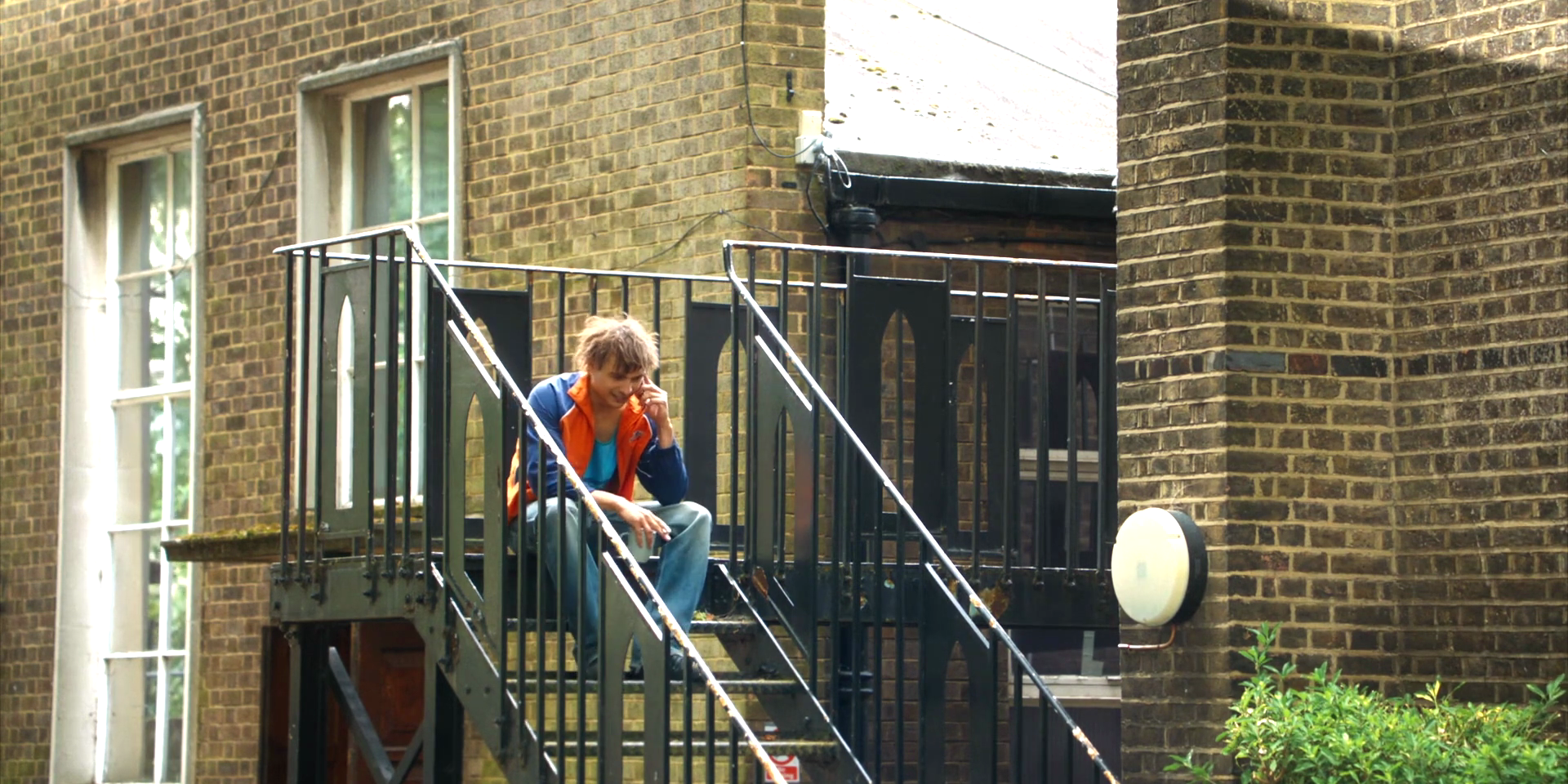
Actor Frank Dillane's background is worlds away from the impoverished reality of a character like Mike, but method acting truly does wonders for a film wholly built around exposing our protagonist's subconscious, or perhaps the utter lack of a subconscious/ulterior motive of Mike beyond material survival and his whole-hearted sincerity/impulsivity towards relationships. Just as Mike can easily make friends within his workplace, he can just as easily exploit the goodwill of his peers if it means instant gratification of his basic needs (i.e. stealing food, borrowing money and then debt consolidating like a mf, being cushy with hippie co-workers for their ketamine). These are not complex psychological 'character studies' than they are Dickinson 'hurr durr'-ing us audiences on first-world poverty through his eye-rollingly 'studied' cinematic influences, heavily utilising the most overused arthouse stereotype of positioning a subject centre-frame through a wide-angle lens as the negative space diverts your attention solely to the singular subject in frame, and nothing else.
Why a guy like Mike poses an impenetrable subject that informs Dickinson's motivation to pursue his attempt at dramaturgical proximity is simultaneously suspect and presumptuous of his desired audience's intelligence. Mike is neither complex nor idiosyncratic; he's the opposite, simple and relatable. How much else can you even mine from narrowly focusing on a singular character for 99 minutes? Any justification for poverty's cinematic treatment is almost always in the service of faux liberal inclusivity and hollowed out of its authorial integrity if one operates within the existing productive forces of top-down, industrial moviemaking. Urchin is performative, fine; it's a movie after all, but for whom? Who is Mike a mystery to? The line between working-class appraisal and potential market demographic starts to blur: poverty as an aesthetic, a commodity.
There's a certain air of pomp and bourgeois ignorance travelling to the CBD and paying $20+ ticket (thank u Craccum for the free tix btw <3) to see a movie about a homeless man when one can literally walk across the street to the Auckland Central City Library and see the congregation of sleeping bags and shopping carts parked outside the entrance of Academy Cinemas. City living is about accepting these contradictions—or straight up ignoring them like everybody else—every single time you commute up and down Auckland's steep, orange-coned roads that have been under construction for the past decade. Does that mean Urchin is necessarily complicit in all of this? Not necessarily, but it does have its Baudrillardian implications in adopting such a realist style historically championed by cinema's institutions: that Urchin's realism is more 'real' than the reality it simulates.
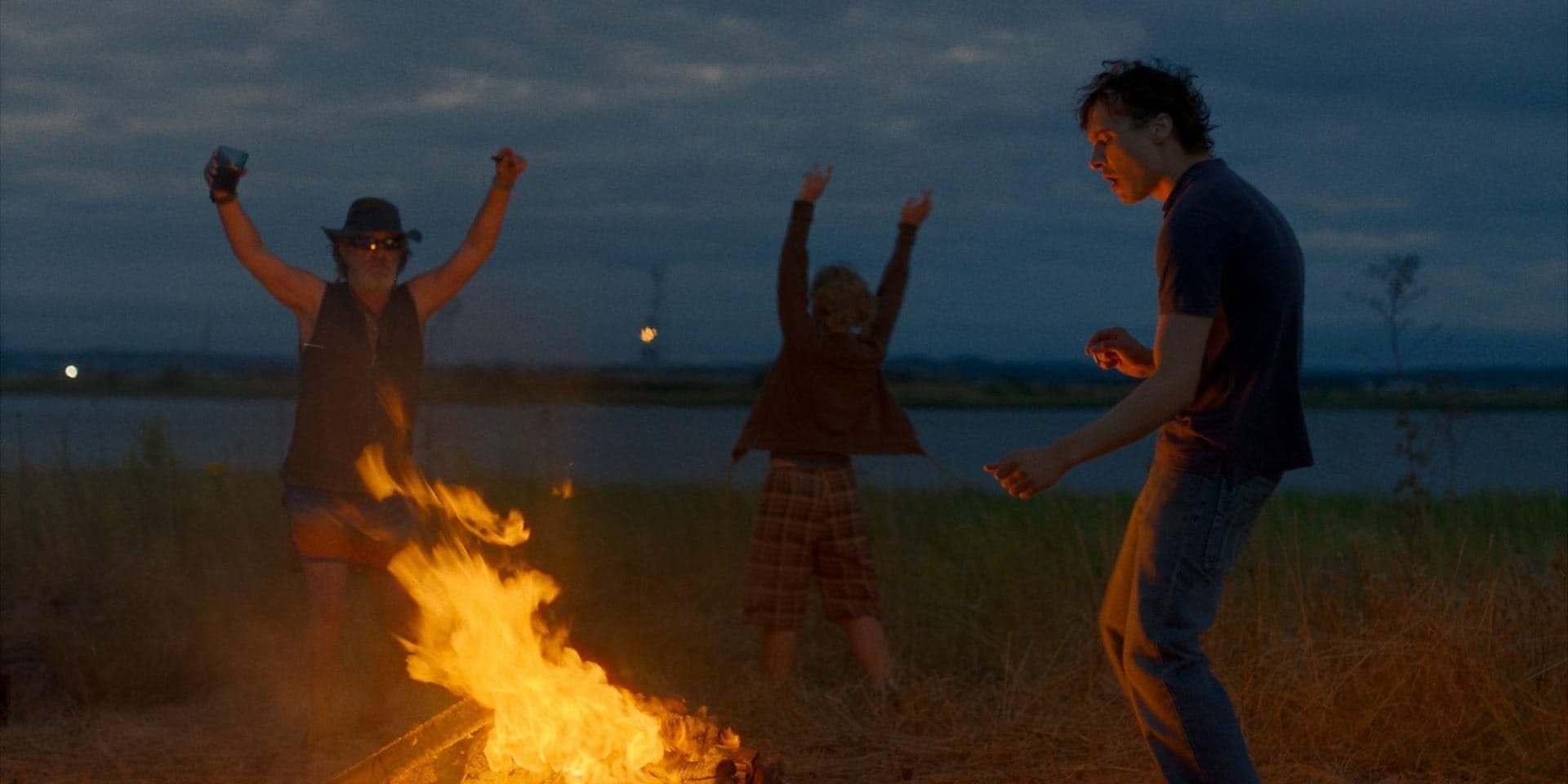
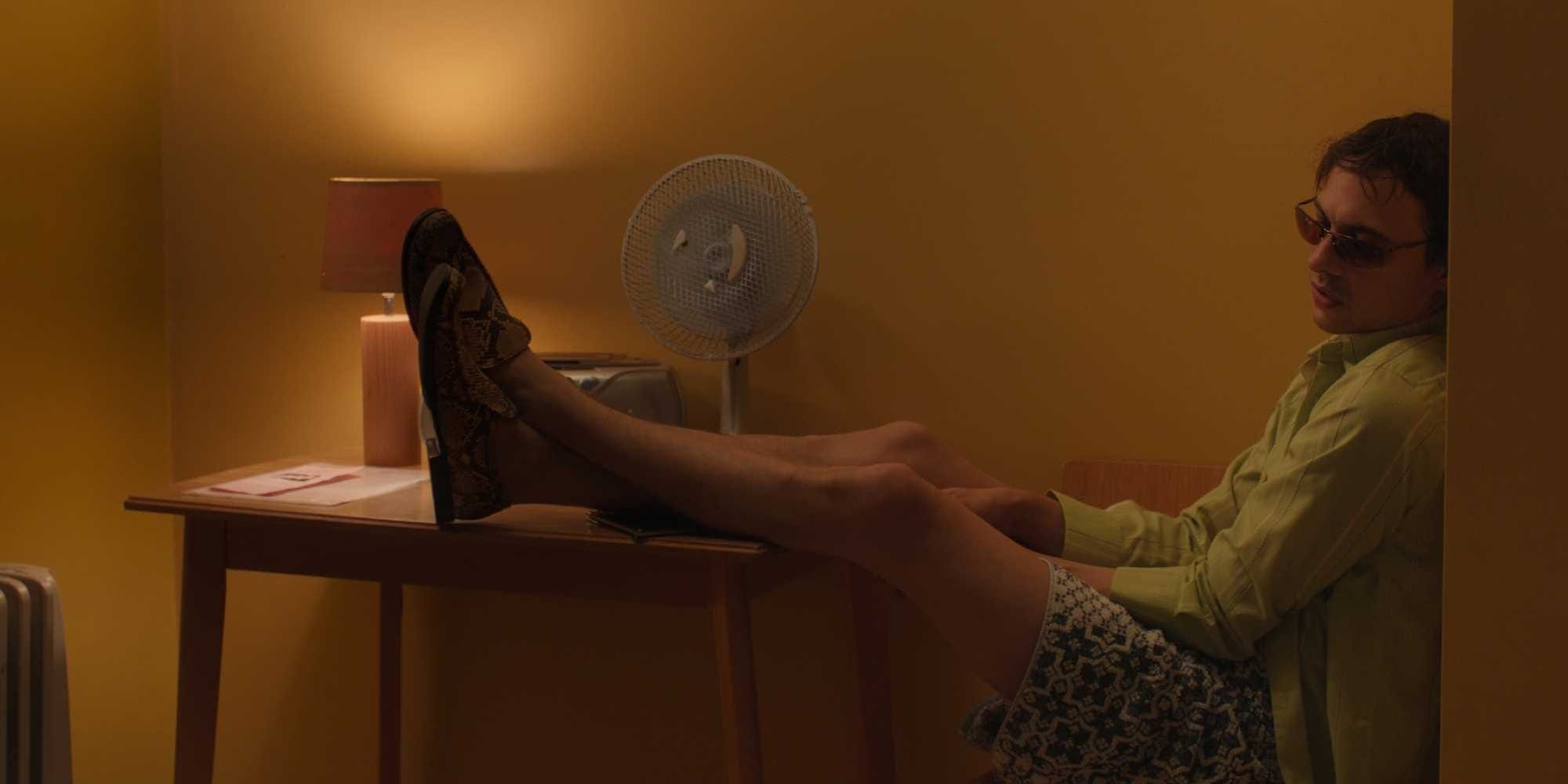
Images courtesy of Somesuch, Devisio Pictures, BBC Film, BFI, Tricky Knot.
A few minutes before the film started, I overheard two women conversing behind me about how one admitted that this is the second time they'll be seeing the movie because of how 'obsessed' they were with actor Frank Dillane. What followed was the most gaudy and demented of schoolgirl giggling as the two clumsily shushed each other, their measly attempt to muffle the kind of giddy hysteria reserved only for Tom Riddle fans and Slytherin types. I cannot stress enough how much I am not the target audience for this film—maybe not 'target', the 'incidental' audience—when the intended subject matter of homelessness is filtered through the 'YA crush' sentiments Dillane inadvertently brings to the film (I could be overestimating the fandom appeal, but there are certain moments where Dillane's nude presence can be misconstrued as 'fan service'.)
Even then, there are some sections in this film where the social messaging of every scene could belong particularly well in short-form 'engagement bait' edits, the type where an entire film is sub-divided into 100+ minute-long videos and you manage to watch the whole movie merely scrolling through one video after another (I rewatched The King's Speech through YouTube Shorts this way lmao.) That is what I feel is happening, and will continue to happen, with films like Urchin; a movie with such antiquated, New Hollywood ambitions of naturalistic performances meant for the traditional, older theatre-going audience will falter amidst the hyper-aware, over-informed mediated/mediating mass audiences of today. Nothing is sacred, H&M or Balenciaga, Urchin or Faces (1968); a neat little film cinephiles can call 'underrated' in 5–10 years. The simulation of 'choice'.
I am not merely doomposting with this sentiment. The final minutes of Urchin will be the only thing you will remember if you were to see this film: indeterminacy. To his credit, Dickinson admits he doesn't have all the answers for a guy like Mike, and that to me is one of the few saving graces of this entire homelessness peep show. Like Buñuel, one way to approach the seeming impossibility of transcending class oppression is through surrealism, and Dickinson peppers little moments of inexplicable abnormalities around Mike's surroundings. A political surrealist rejects the capitalist rationalism and fatalism of existence that pronounces the infallible structure of the universe as 'just the way it is' by distorting reality to the (il)logic of their subconscious. I'd like to think this is why the film is structured and ends the way it does, a dream-like fever trip that forgoes the neorealist cages of representation.
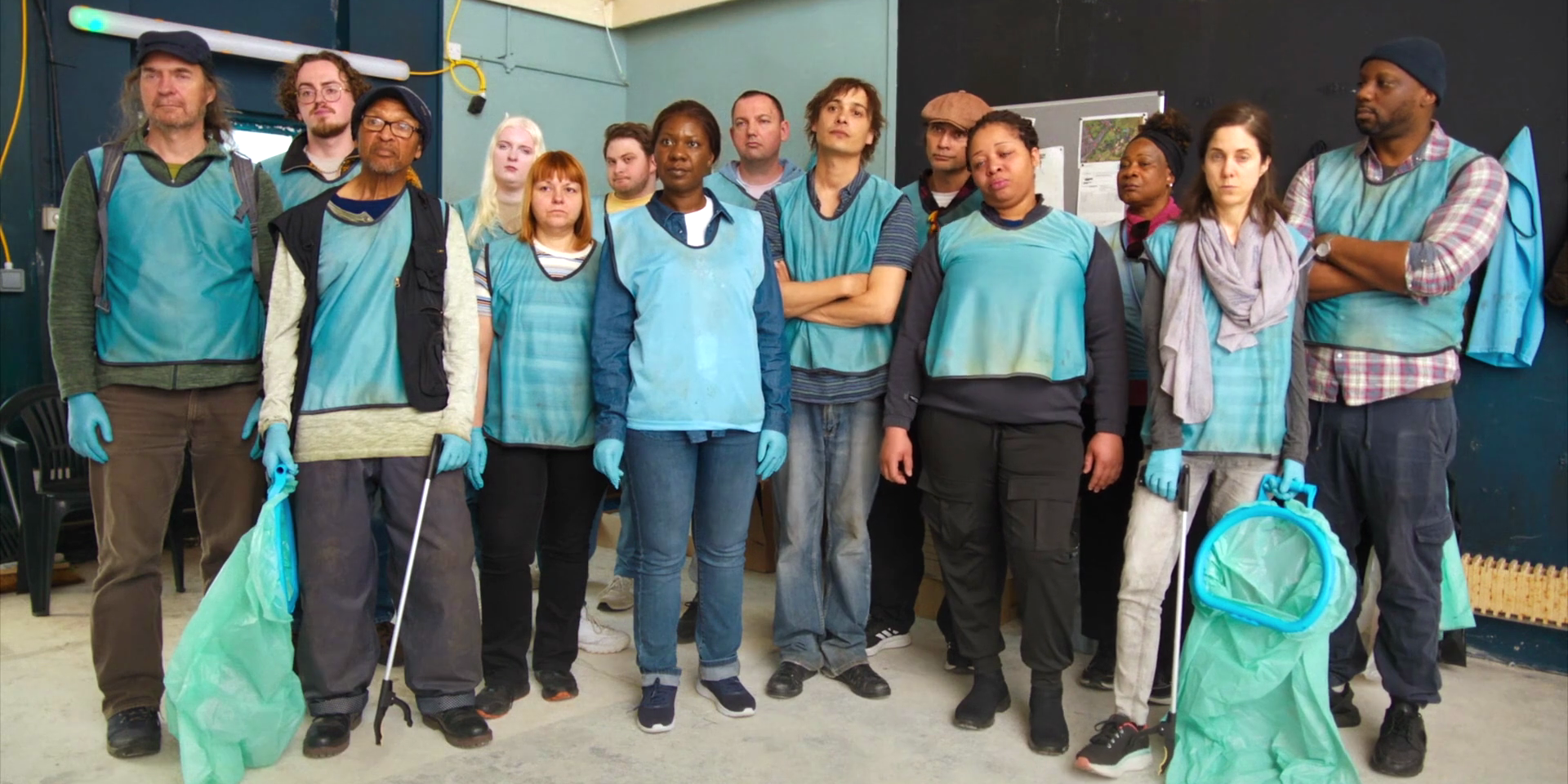
Yet for long periods throughout Urchin, one may not consistently recognise the dialectic of the 'absurdity' of 'poverty' until we witness it hit Mike squarely in the face, until we witness the beginning of his downward trajectory. Seemingly good outcomes, however, curiously escape the scrutinising eye of surrealism and are rendered as genuine catharsis (Mike getting a job, meeting new friends, listening to zen affirmation audiotapes). Why financial and social stability become the measuring sticks to outline Mike's 'otherised' position as opposed to a ripe source of critique becomes hard to determine as either stemming from Dickinson's own optimistic political temperament (we can't always be as socially acerbic as Buñuel), or a reflection of British cinema's sanitised and homogenised social realist cinematic output. Kitchen sink surrealism.
As the film ended, I scurried out of the Civic and again became acquainted with Queen Street's dusty, frigid evening atmosphere. In deciding which commute route to take going home, I could have walked down the end of the street to Waitematā Britomart, or trekked up Wellesley Street East back to the university campus bus stops. Both ways, I would encounter the sight of zipped-up sleeping bags—with beanies poking out on one end and an overstuffed gym bag on the other—camped out in front of the tempered glass windows of cafés, pubs and dairies. Walking down city streets is a ritualised performance of apathy: keep your head up, avoid eye contact, and solely focus on the destination ahead. I eventually decided on Queen Street and zoomed past the storefronts, McDonald's and Burger King, Louis Vuitton and Gucci; the promenade never looked so busy and lively with so many other people walking down, yet so empty eclipsed by the bright LED signposts and advertisements stretching across the kilometre-and-a-half-worth of road, rendering everyone dark, hovering shadows managing to keep their heads up, avoiding eye contact, and focused on their destination ahead. Signs become more real than the reality they simulate, a neat little area Auckland's City Council can confidently say 'hobo-free' in 5–10 years.
Going to see Urchin or going to the front of the Central City Library; the simulation of 'choice'.
And still I see no changes, can't a brother get a little peace?
It's war on the streets and the war in the Middle East
Instead of war on poverty
They got a war on drugs so the police can bother me
And I ain't never did a crime I ain't have to do
But now I'm back with the facts, givin' it back to you
Don't let 'em jack you up, back you up
Crack you up and pimp-smack you up
You gotta learn to hold your own
They get jealous when they see you with your mobile phone
But tell the cops they can't touch this
I don't trust this, when they try to rush, I bust this
That's the sound of my tool, you say it ain't cool
My mama didn't raise no fool
And as long as I stay black, I gotta stay strapped
And I never get to lay back
'Cause I always got to worry 'bout the payback
Some buck that I roughed up way back
Comin' back after all these years
"Rat-a-tat-tat-tat-tat," that's the way it is
— 2Pac, Changes
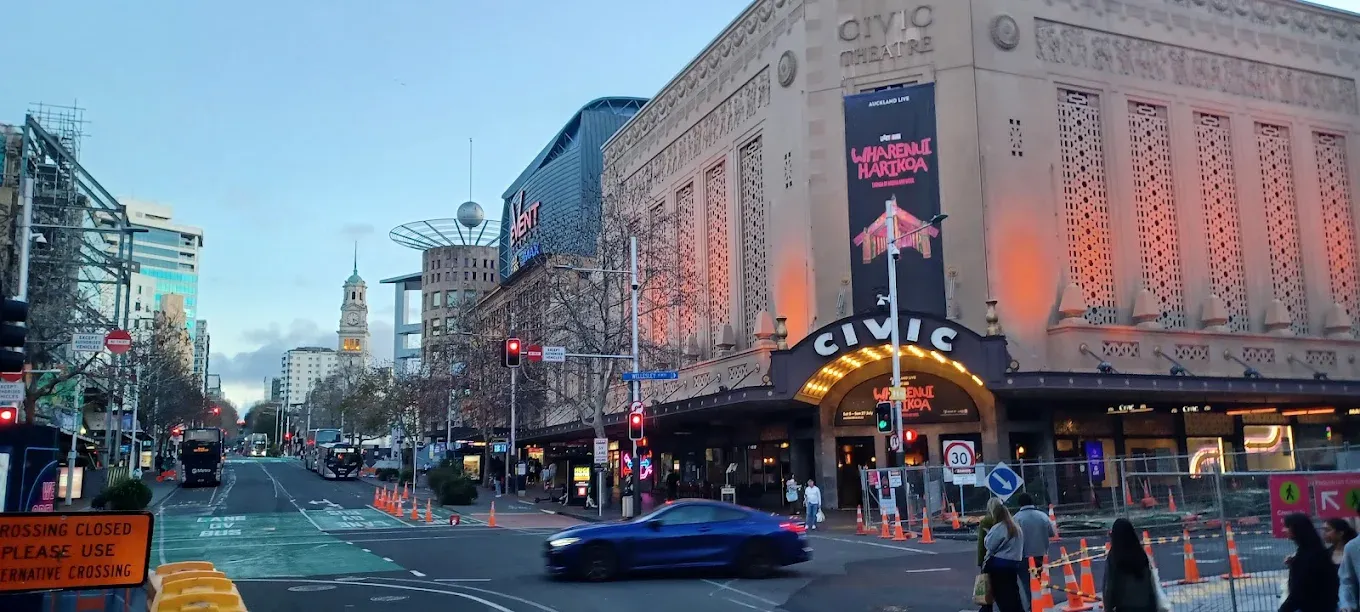
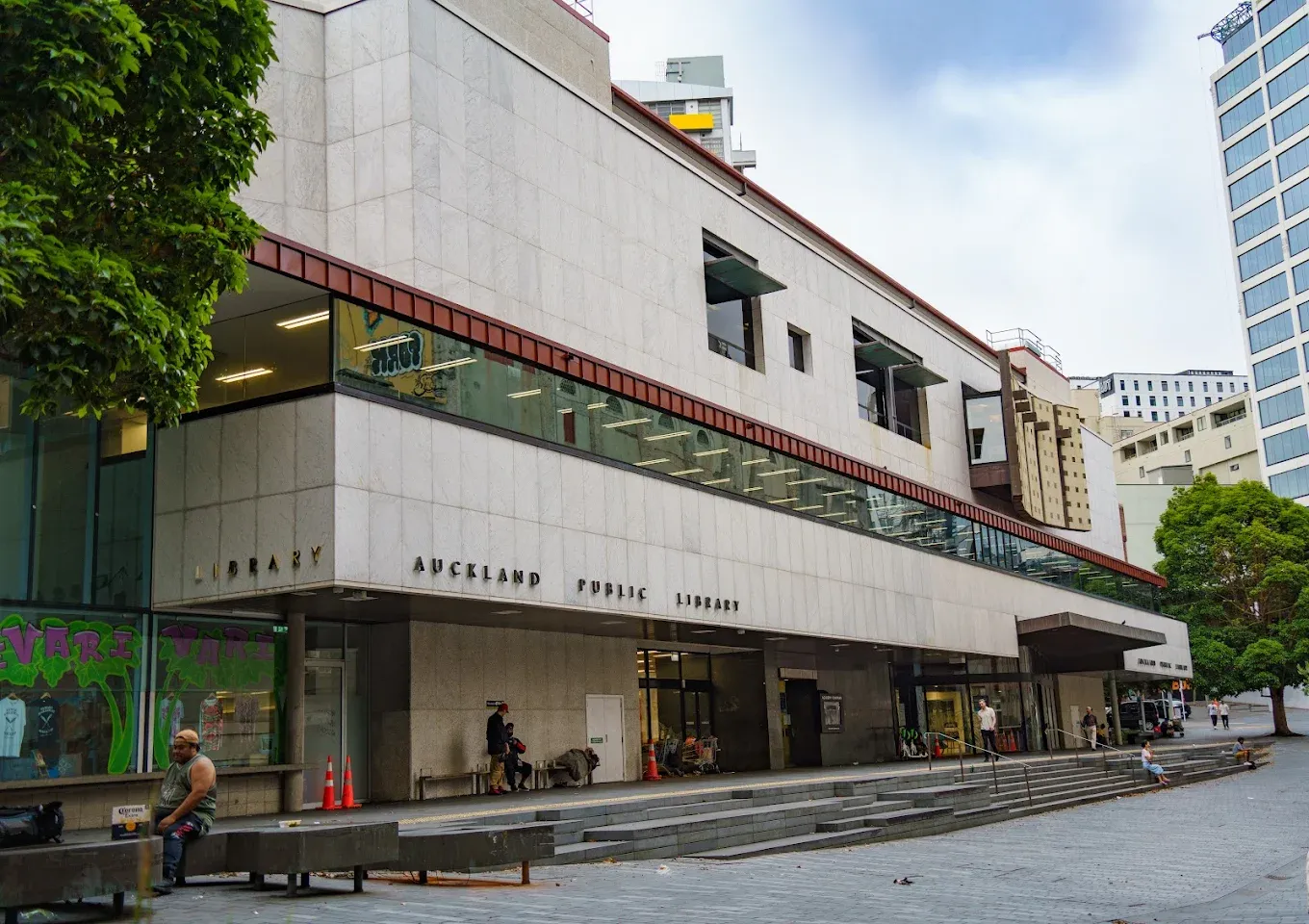
Urchin | Clip | NZIFF25
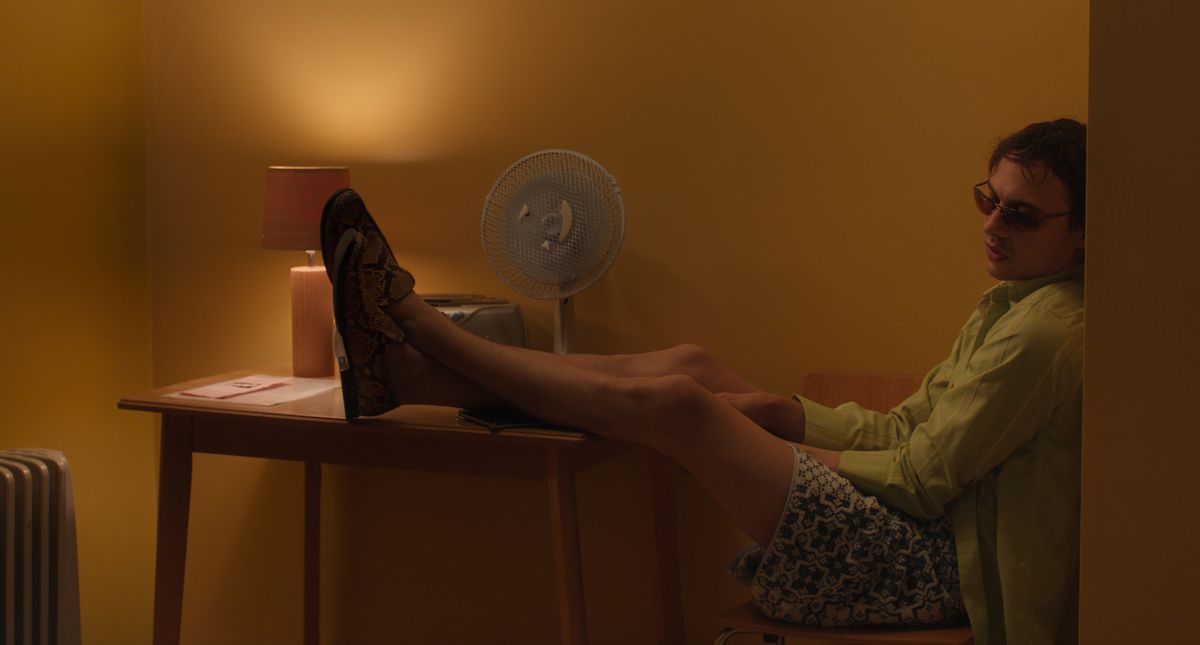
Follow our Letterboxd and Instagram to get live updates and reviews directly from our dedicated student team of film aficionados <3
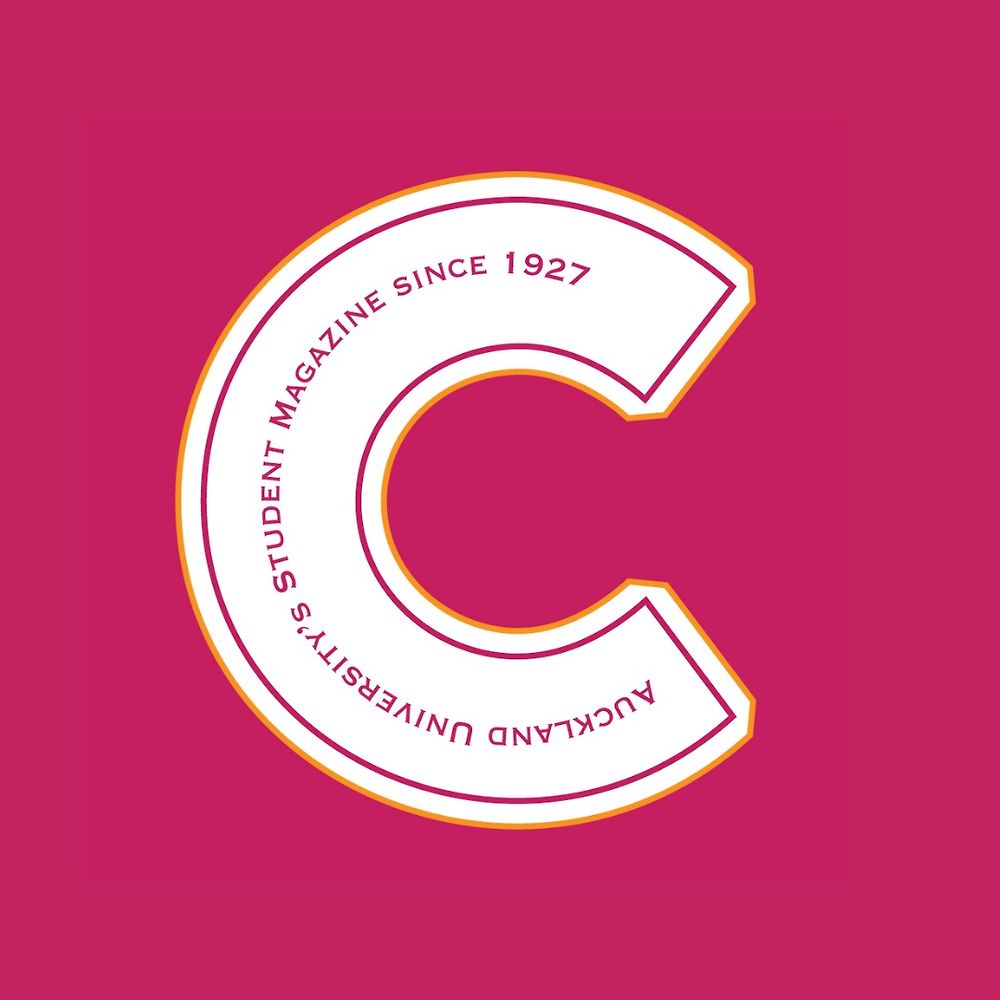
Disclaimer
The views and opinions expressed in Craccum are those of individual contributors and do not necessarily reflect those of the editorial team or the publication as a whole. While we aim to ensure accuracy and fairness, Craccum cannot guarantee the complete reliability of all information presented and assumes no liability for errors or omissions.







